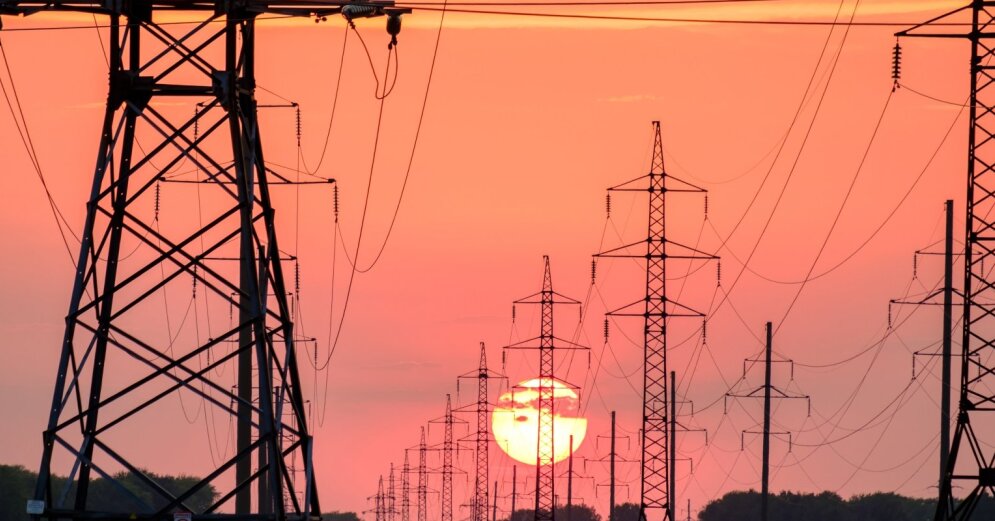The content will continue after the announcement
Advertising
–
Gas and electricity prices in Europe have risen sharply as Russia cut exports in response to Western sanctions on the invasion of Ukraine.
With prices rising at a cosmic pace, governments have introduced measures to limit retail electricity prices, reduce energy taxes and provide subsidies to taxpayers.
For these measures, however, 27 EU countries have allocated a total of 314 billion euros Great Britain allocated 178 billion euros. If you also look at the funding that EU countries have allocated for the nationalization of energy companies, bailout or lending to troubled energy supply companies, then EU governments have spent a total of almost € 450 billion. euro, Bruegel estimate.
It has already been reported that Germany nationalized the gas importer “Uniper” on Wednesday, while Britain set a cap on electricity and gas costs for companies.
Many of these measures are supposed to be temporary, but Bruegel’s experts say state intervention has become “structural”.
“It is clear that this is not sustainable from a public finance point of view,” says Simone Tagliapietra, Bruegel’s senior partner.
“Governments with more fiscal space will be better able to cope with the energy crisis and in a better position during the winter months than neighbors with limited energy resources,” he says.
So far, Germany has spent more on the measures, allocating 100 billion euros. Croatia, Greece, Italy and Latvia have allocated over 3% of GDP to solve the energy crisis and Estonia – 200 million euros.
–
